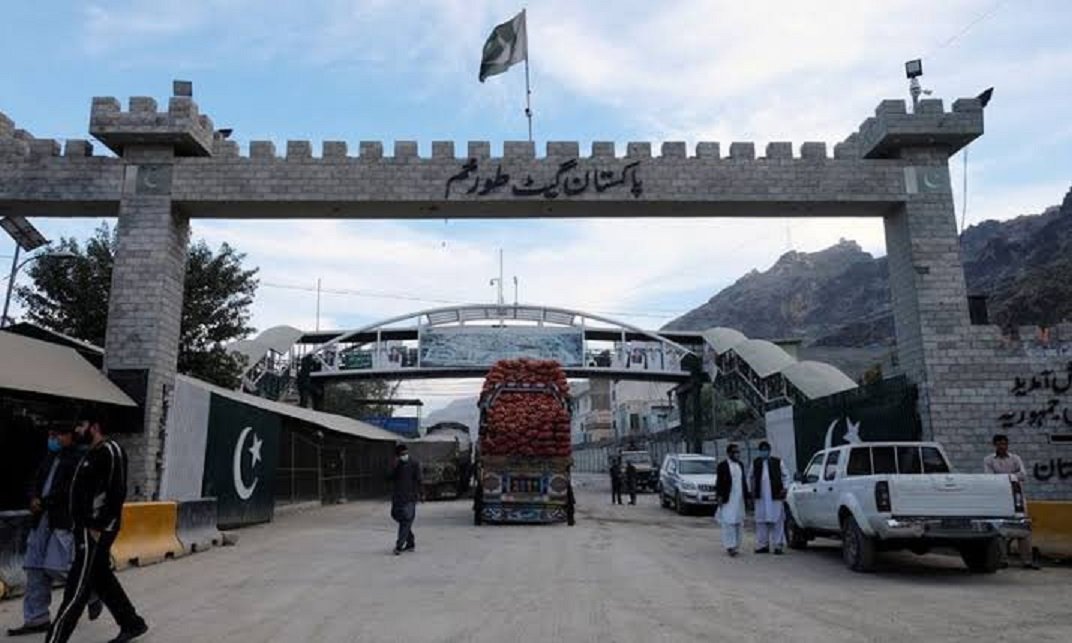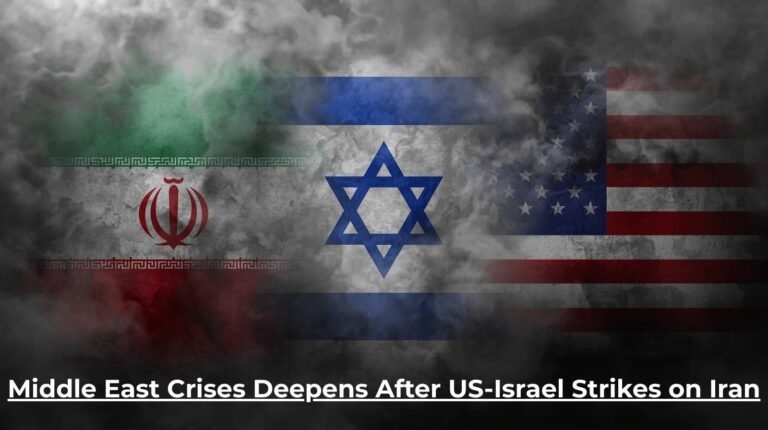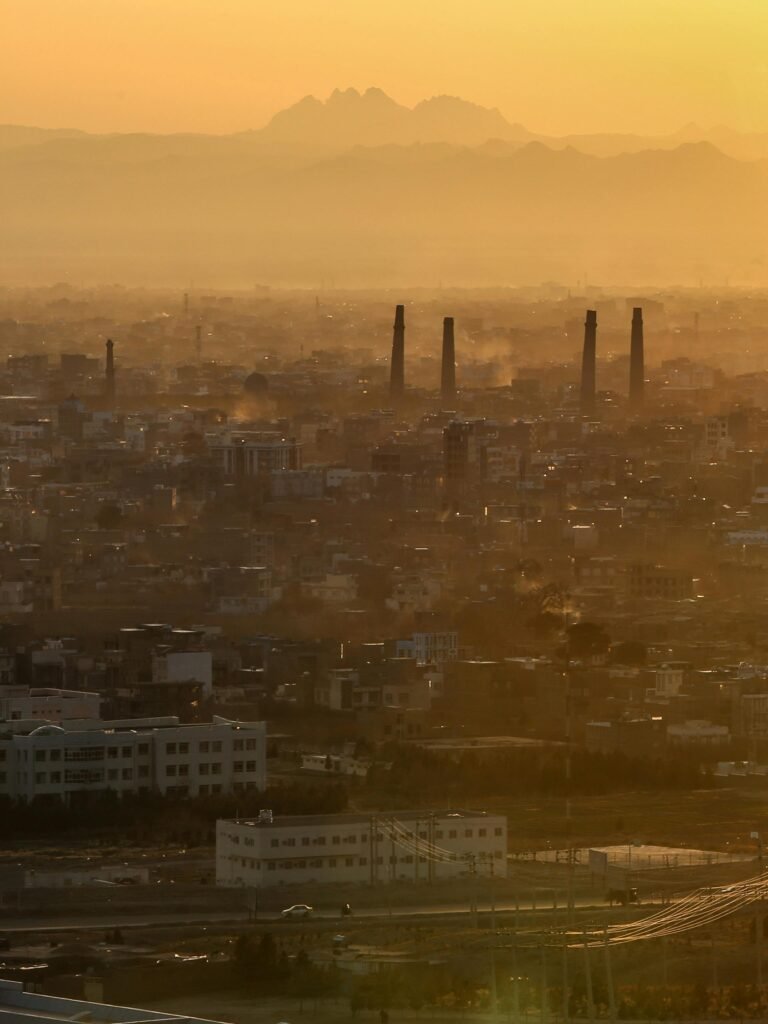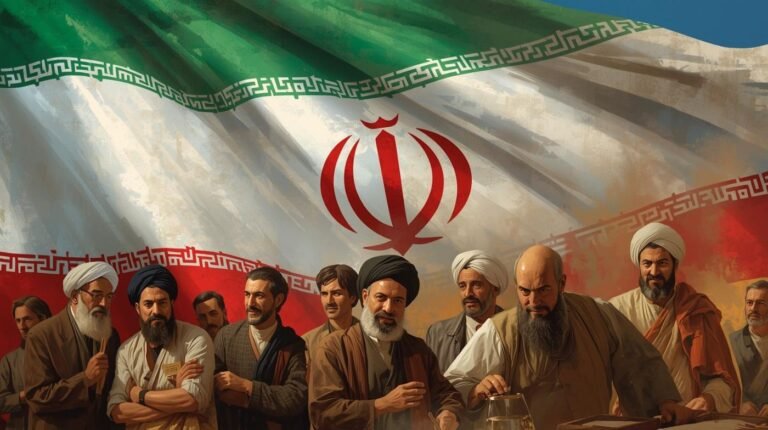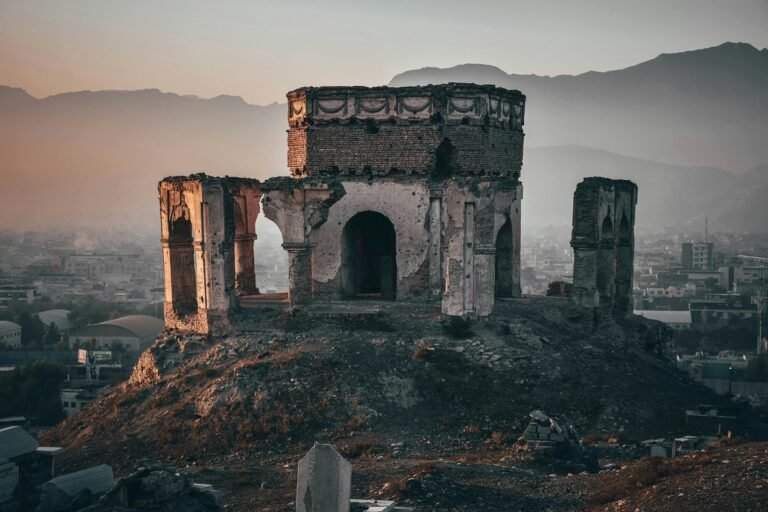This is not just a story of governments and militias; it is a story of ordinary people whose lives have been upended.
Pakistan’s Relations With Taliban are intertwined with Afghanistan for ages. When the Taliban returned to power in Afghanistan in August 2021, Pakistan welcomed them as a neighbor and, in many ways, as a partner. For decades, Pakistan had been a safe space for Taliban leaders offering political refuge, safe passage, and even space for meetings. Islamabad believed that this history of support would finally lead to stability, peace along the border, and a relationship built on trust. Pakistan expected the Taliban government to cooperate, respect its security concerns, and help create a stable region.
But reality turned out differently and the consequences are felt not just by governments, but by ordinary people living along the border.
Instead of friendship and security, Pakistan soon faced a wave of attacks from the Tehreek-e-Taliban Pakistan (TTP), a militant group with ties to the Afghan Taliban. Pakistan had hoped that the Taliban government would prevent these attacks, or at least restrain the group. Instead, the Taliban denied that TTP was operating in Afghanistan, refusing to take action.
This refusal shattered trust. What was once a strategic partnership quickly became a source of tension, suspicion, and fear. Border clashes erupted. Airstrikes followed. And ordinary people traders, truck drivers, families suddenly found themselves living in the shadow of conflict, their daily lives disrupted by political failure.
Failed Peace Talks
Hoping to restore calm, both sides sat at the negotiation table. First in Qatar, then in Turkey. Pakistan demanded action against TTP. The Taliban wanted recognition and legitimacy without undermining its own fragile control in Afghanistan.
The human cost is immediate: civilians caught in cross-border attacks, communities living in insecurity, and children growing up in fear. The political standoff has become a living reality for millions.
But the talks ended in failure. The Taliban refused to confront TTP, citing tribal ties and ideological alignment. Pakistan refused to compromise on its security. The human cost was clear: the same border communities who had pinned their hopes on a diplomatic solution remained trapped between suspicion and violence. Every meeting ended with more frustration, more unanswered questions, and a lingering sense that reconciliation might be impossible.
Stranded People at the Border
As we see Pakistan’s Relations With Taliban. The political dispute has spilled over into the lives of ordinary people. Border crossings like Torkham and Chaman, once alive with trade, travel, and movement, are now closed. Thousands of people are stranded:
- Families trying to visit relatives remain stuck on either side, unsure when they will see their loved ones again.
- Traders watch as perishable goods rot in trucks, losing months of investment.
- Workers seeking medical care, education, or seasonal work find themselves trapped, forced to wait or abandon their plans.
For those living near the border, the tension is not just political it is personal. Every day of closure brings uncertainty, fear, and financial strain. Moreover, the border, once a bridge between communities, has become a wall that separates people from their livelihoods and families.
Stalemate Helps TTP
Meanwhile, TTP continues to gain strength. The group operates more confidently than ever, taking advantage of the Taliban’s refusal to act. Pakistan’s threat perception grows daily. Families live with the fear that violence could erupt at any time. For the Taliban, inaction risks international scrutiny, but their internal calculations prevent them from confronting TTP directly.
The human cost is immediate: civilians caught in cross-border attacks, communities living in insecurity, and children growing up in fear. The political standoff has become a living reality for millions.
Today, Pakistan and the Taliban are no longer strategic partners they are neighbors locked in a tense, unpredictable standoff. Moreover, the failed talks in Qatar and Turkey underscored the lack of trust, the misaligned goals, and the unwillingness to compromise.
For the people on both sides of the border, there is no easy solution. Life continues amidst uncertainty: markets struggle, goods pile up, families are separated, and every day carries the risk of violence.
Pakistan’s Relations With Taliban: Human Cost of Political Failure
Talking of Pakistan’s Relations With Taliban. This is not just a story of governments and militias it is a story of ordinary people whose lives have been upended. Pakistan supported the Taliban for decades, expecting loyalty and cooperation. The Taliban, trying to maintain internal unity and sovereignty, chose denial and inaction. Thus, the result is fractured relations, rising insecurity, closed borders, stalled trade, and communities trapped in uncertainty.
For families, traders, and children living along the border, the consequences are real and immediate. Moreover, the trust between governments has broken down, and the ripple effects are felt in every market, home, and school near the border. What was once a promise of peace has actually become a cautionary tale of political expectation, misalignment, and the fragile nature of human security in a turbulent region.
